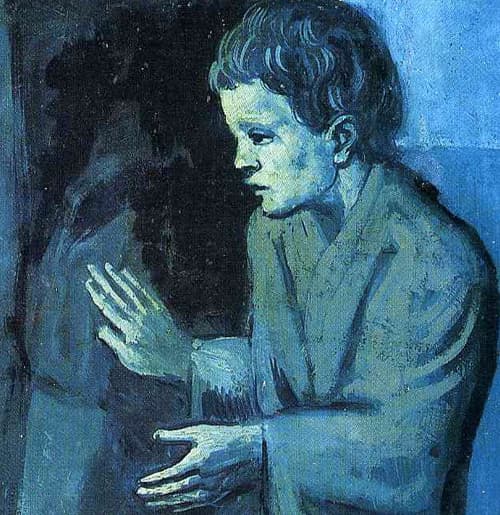Stephanie Coontz,
Marriage, A History: How Love Conquered Marriage
(Penguin Books, 2005).
The author's noble cause is to disabuse us once and for all of the notion that the 1950s Ozzie-and-Harriet, nuclear, male-breadwinner family was the pinnacle of family life. Through an exhaustive history that begins with prehistoric man and ends in the present day, Coontz convincingly argues that the companionate marriage, the marriage for love, traces its origins not to a decadent 1960s, but rather to the eighteenth century, when unprecedented changes in society occurred that made young people more independent of their families and communities. Before that, marriage was all about in-laws - that is, the economic and political connections that were made through the union - and therefore far too important to be left up to the whims of two inexperienced young people. Even when, in the Middle Ages, the Catholic Church made consent the definitive factor for the validity of a marriage, the engaged persons were hardly "free" in any modern sense to choose a spouse; engagements were closely overseen by parents, clergy, and feudal lords.
Despite the fact that the shift in the purpose of marriage has led to marriage becoming "optional and more brittle" (306) in recent decades, Coontz believes that it is boon for women. In her conclusion, she quotes the anguished journal entries of women from the pre-love era who beg God to give them the grace to be faithful in the face of abusive or unkind husbands. Persevering when the spouse is boring, lazy, unproductive, annoying, lacking direction, dirty, rude, temperamental, unpredictable, nasty, prone to emotional swings - for Coontz, this is the essence of what we have escaped in the modern companionate marriage. But this raises more questions than it answers. Isn't the woman (or man) who perseveres in the face of a difficult marriage also living a marriage "for love?" And who do these men and women stick it out for, if not for the children whom they love? It is disappointing that a history of marriage says so little about children as a reason for marrying at any point in human history.
Indeed, Coontz rarely mentions the ends of marriage that lie beyond the self and its desire for greater returns through marriage - be they economic, political, or affectionate. And, as if she knows she might be pressed on this point, she tells us that returning to the era before love conquered marriage would be as impossible as returning to the handcrafted life of the pre-industrial era. But what Coontz misses is that morality, unlike material progress, is played out anew in the history of each human person (cf. Pope Benedict's Spe Salvi, n. 24). And a sense of marriage as grounded in self-giving love that has the form of a lifelong vow has both historical precedent and modern defenders.
Lisa Lickona, STL, is a wife and mother of eight children living in central New York. She operates a small micro-organic farm and serves as the Editor for Saints for Magnificat.
.



